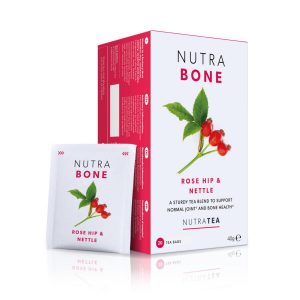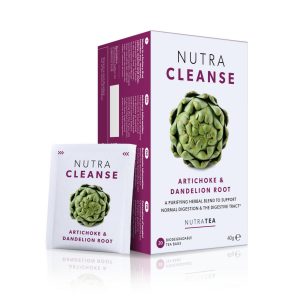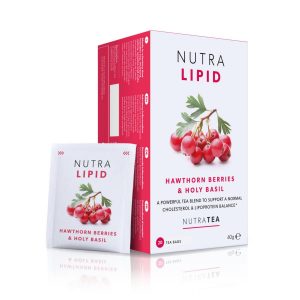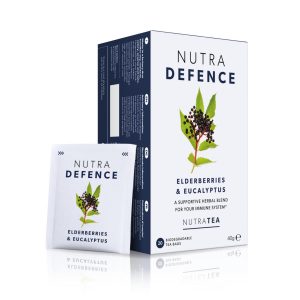NutraBlog
Why We Should All Have More Herbs and Spices in Our Diets
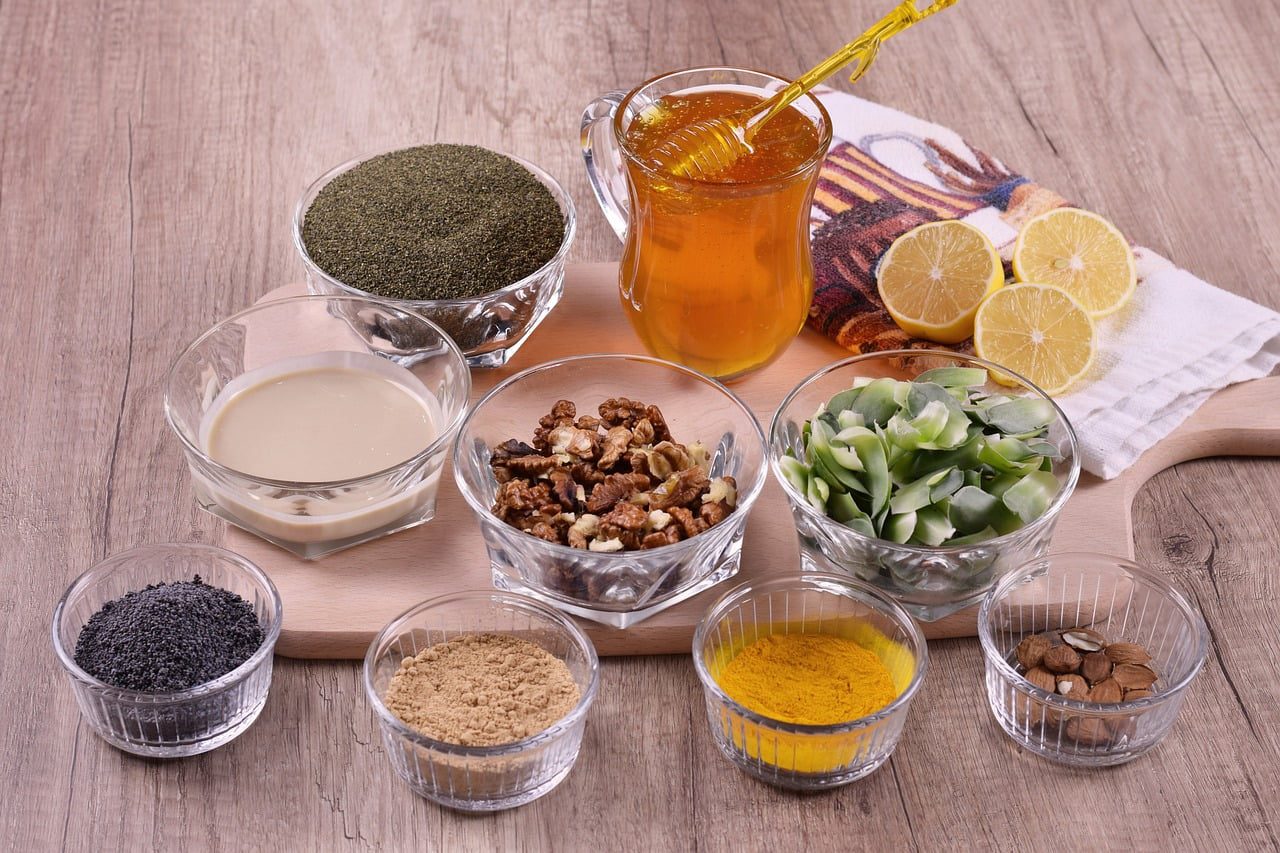
Herbs and spices add a delicious burst of flavour to our diets, but they are much more than a way to please your tastebuds. Explore the health benefits of herbs and spices in our latest blog post.
—
Herbs and spices are staple ingredients in kitchens around the world. Adding flavour and interest to food and drink alike, these plant-based ingredients are so prized that some are even more expensive than gold.
Of course, herbs and spices aren’t only sought after for their ability to create a delicious meal. They’ve also been used in traditional healing systems the world over for millennia. And they remain popular as alternatives to conventional allopathic medicine today.
From treating digestive issues to easing joint pain, herbs and spices can be used to treat many commonplace health conditions. But you don’t need to be experiencing issues to benefit from having more of these tasty ingredients in your diet.
Even if you are healthy and well, there are plenty of reasons to incorporate more herbs and spices into your day. In this blog post, we’ll look at some of the benefits of consuming herbs and spices and suggest some options to get you started.
Herbs Vs Spices – What’s the Difference?
Just a note before we get onto looking at the health benefits – when we talk about herbs, we’re usually referring to the leafy parts of the plant. Spices are usually derived from the roots, berries, stalks, stems, bark, or flowers. Both are full of flavour but spices are often more pungent and earthy, while herbs are often lighter and less powerful in taste.
Herbs can be used fresh or dried. You’ll typically find spices used dried, although there can be exceptions (think fresh ginger root, for example).
To be honest, the distinction between the two is often more about how they are used in cooking than anything else, and you might find that herbs or spices also fall into other categories. Garlic, for example, is often used as a herb but is technically a root vegetable, while chilies are used as a spice but are technically a fruit.
Instead of getting hung up on exact botanical definitions, we’ll concentrate on herbs and spices as a broad category of plant-based ingredients that can be used for both flavour and medicinal purposes.
The Health Benefits of Herbs and Spices
OK, so now that we’re clear on what herbs and spices are (or at least, how we’re using the words in this blog post), let’s take a closer look at why we should all be incorporating more of them into our diets.
As we’ve seen, herbs and spices have a long history of use in traditional medicine. And they are still the main focus of many alternative healing systems, including Traditional Chinese Medicine, Ayurveda, and Western Herbalism, as well as many other indigenous medicine practices found around the world.
As is so often the case, ancient wisdom is increasingly supported by modern science, and many studies support the use of herbs and spices to boost human health.
The exact benefits of these plant-based ingredients depend on the herb or spice you use – and it is always worth consulting a trained practitioner before using plants to treat medical conditions at home.
However, there are some more general benefits that we can all enjoy when we consume herbs and spices regularly. They are packed with nutrients, including essential vitamins and minerals our bodies need. They often have anti-microbial properties, helping us to fight off infections and diseases. And lots of herbs and spices are anti-inflammatory, protecting our cells from oxidative stress and reducing our risk of developing chronic diseases.
The health benefits of herbs and spices often come from a group of compounds known as polyphenols. To understand why we want to make sure we get plenty of herbs and spices in our diets, it’s worth looking at these compounds in a little more detail.
What Are Polyphenols?
Polyphenols are compounds found in plants. The name incorporates a large group of different compounds, all with benefits for our health.
For example, polyphenols are antioxidants, which means they help to neutralize free radicals and protect our cells from damage. In turn, this protects us against oxidative stress, which has been linked to many chronic diseases, including rheumatoid arthritis, cancer, Alzheimer’s and other forms of dementia, and cardiovascular disease.
Polyphenols are also anti-microbial, supporting our immune systems as we fight off infections caused by bacteria, viruses, or yeast. However, they don’t just help us get rid of these nasties – polyphenols are also linked to a healthy gut, encouraging the growth of the good bacteria we need to keep our digestion working smoothly.
There’s further evidence to suggest that polyphenols have a role to play in keeping our brains and hearts healthy, reducing our risk of developing type 2 diabetes, and soothing inflammation.
Many of the plants we use as herbs or spices are particularly rich in polyphenols, especially when dried.
Getting Started with Herbs and Spices
If you’re a keen cook, using plenty of herbs and spices in your kitchen can bring you health benefits, as well as giving your dishes that extra punch of flavour.
However, you don’t need to be a whizz in the kitchen to bring more herbs and spices into your daily diet. One easy way to explore different options and increase your consumption of these plant-based ingredients is to drink herbal tea.
For example, you might bring more anti-inflammatory herbs and spices into your diet by choosing a tea that contains ingredients like turmeric, cinnamon, green tea, or ginger. Our NutraBone blend or our flagship Turmeric & Cinnamon tea are perfect examples.
Or perhaps you want to nourish your body and support your liver by choosing herbs like milk thistle, liquorice, or dandelion root. Our NutraCleanse tea might be the one for you.
For those wanting to look after their cardiovascular health, herbs and spices like holy basil, hawthorn, green tea, and cinnamon can support your circulation and help to keep your cholesterol levels in check. Find them in our NutraLipid blend.
And with winter approaching, we’re all gearing up ready for cold and flu season. Herbs and spices can help here too – look out for options like thyme, eucalyptus, mullein, and elderberry – all found in NutraDefence, our tea for immune support.

